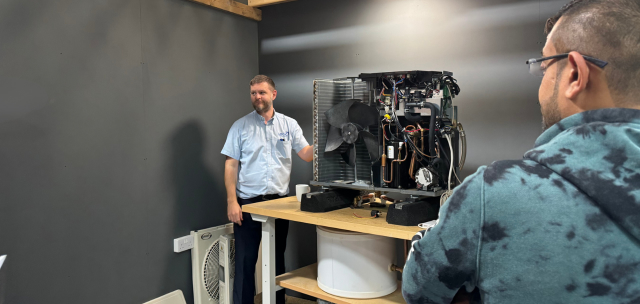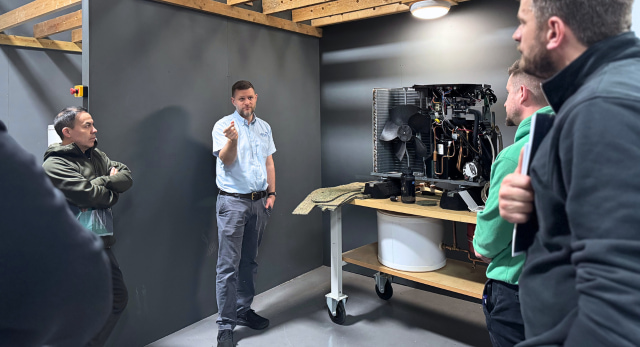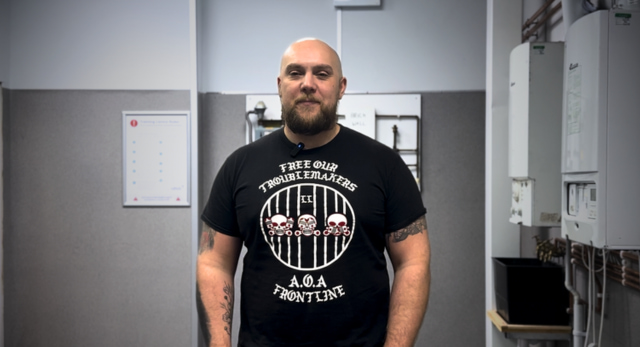The Heat Pump Association (HPA) has released new annual service checklists for Air, Ground, and Water to Water Heat Pumps. These checklists provide standardised guidelines to ensure optimal performance and longevity of heat pump systems, especially when manufacturer-specific guidance is unavailable. Regular maintenance, as outlined in these checklists, is crucial for efficiency and reliability. This article delves into the key components of the HPA’s checklists, compares them with existing maintenance guidelines, and offers insights into their implications for heat pump owners and service professionals.
Heat pumps are integral to the UK’s transition to low-carbon heating solutions. To support this shift, the Heat Pump Association (HPA) has published comprehensive annual service checklists for Air, Ground, and Water to Water Heat Pumps. These checklists aim to standardize maintenance practices, ensuring systems operate efficiently and reliably. Regular servicing not only enhances performance but also extends the lifespan of heat pump systems.
Key Components of the HPA’s Service Checklists
The HPA’s service checklists encompass several critical areas:
External Inspection
- Verify correct heat pump installation and secure mounting.
- Ensure proper drainage to prevent hazards.
- Inspect electrical connections for weather-tightness.
System Checks
- Confirm system flushing and cleaning per BS7593 standards.
- Check for appropriate thermal fluid and biocide levels to ensure frost protection.
Controls and Settings
- Assess control systems (e.g., S or W Plan) for proper configuration.
- Verify programmer settings to avoid simultaneous space heating and domestic hot water demands.
Central Heating and Domestic Hot Water
- Inspect heat emitters for design compatibility with lower delta T.
- Ensure thermostatic radiator valves (TRVs) are installed where applicable.
- Check for suitable legionella protection measures in hot water systems.
For a detailed view of the checklists, visit the HPA’s technical resources page.
Comparison with Existing Maintenance Guidelines
While various organisations offer heat pump maintenance checklists, the HPA’s guidelines provide a more standardised approach, particularly in the absence of manufacturer-specific instructions. For instance, the checklist from Grant UK focuses on installation specifics, such as anti-vibration mounts and system flushing, aligning closely with the HPA’s recommendations. Similarly, the Microgeneration Certification Scheme (MCS) provides an installation handover checklist emphasising documentation and compliance, which complements the HPA’s focus on ongoing maintenance.
Implications for Heat Pump Owners and Service Professionals
Adhering to the HPA’s service checklists offers several benefits:
Enhanced Efficiency
- Regular maintenance ensures systems operate at peak performance, leading to energy savings.
Extended Lifespan
- Proactive servicing can prevent major issues, prolonging the life of the equipment.
Standardised Practices
- The checklists provide a uniform framework for service professionals, ensuring consistency across the industry.
Conclusion
The HPA’s newly released annual service checklists are a valuable resource for both heat pump owners and service professionals. By following these guidelines, stakeholders can ensure that heat pump systems remain efficient, reliable, and aligned with the UK’s low-carbon objectives.
Heat Pump Training
For individuals who looking to expand their expertise in to heat pump systems, we offer comprehensive courses tailored to your needs. Our Air Source Heat Pump Training is a Level 3 RQF course is designed for those interested in the installation and maintenance of air source heat pump systems. This course covers essential topics such as system components, operational characteristics, efficiency principles, and maintenance requirements. Successful completion is recognised by the Microgeneration Certification Scheme (MCS), underscoring its industry relevance.
Investing in training ensures adherence to the latest industry standards and enhances the efficiency and reliability of heat pump installations and maintenance. Find more information on our heat pump courses here and explore how they can expand your services.









